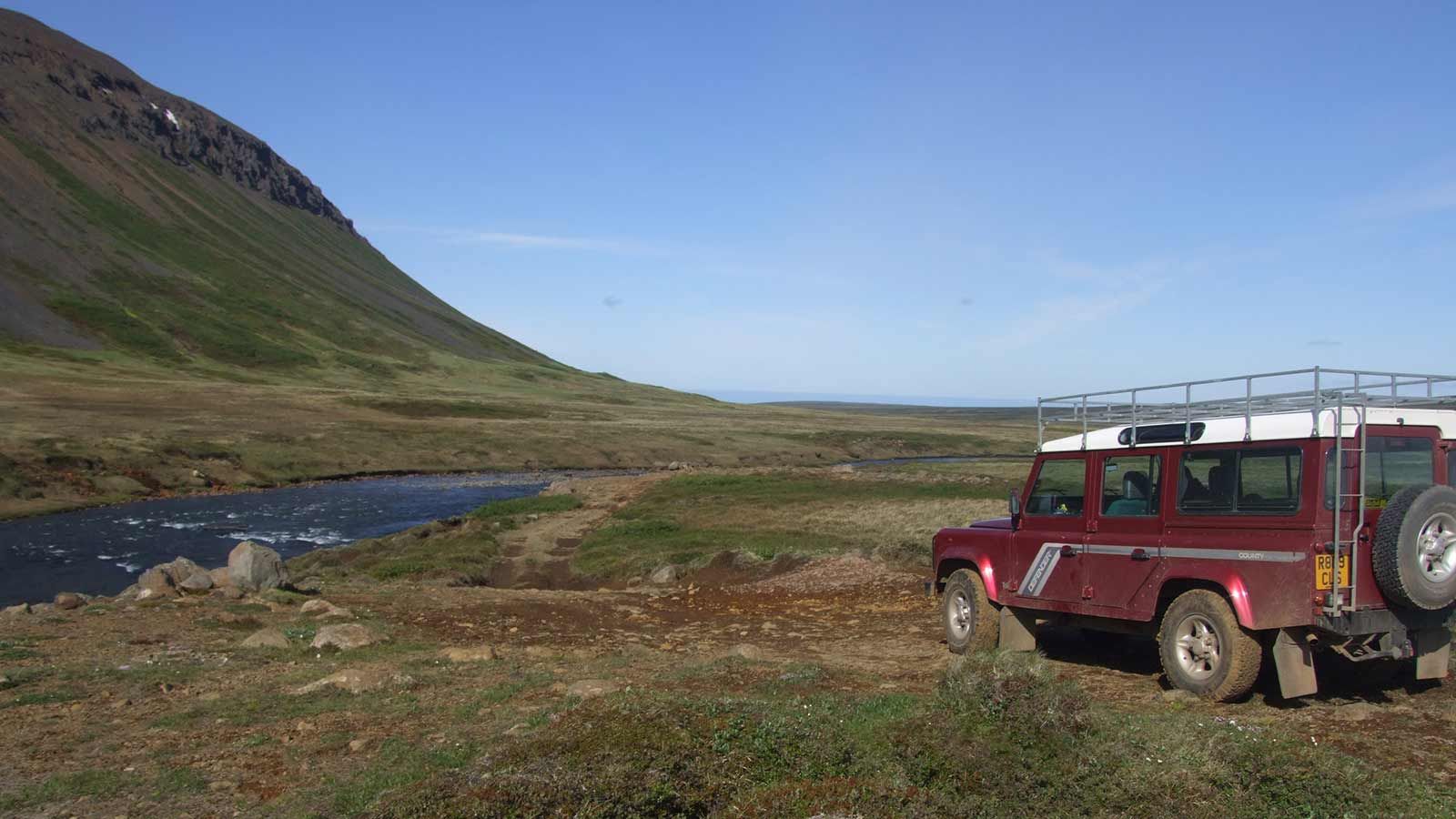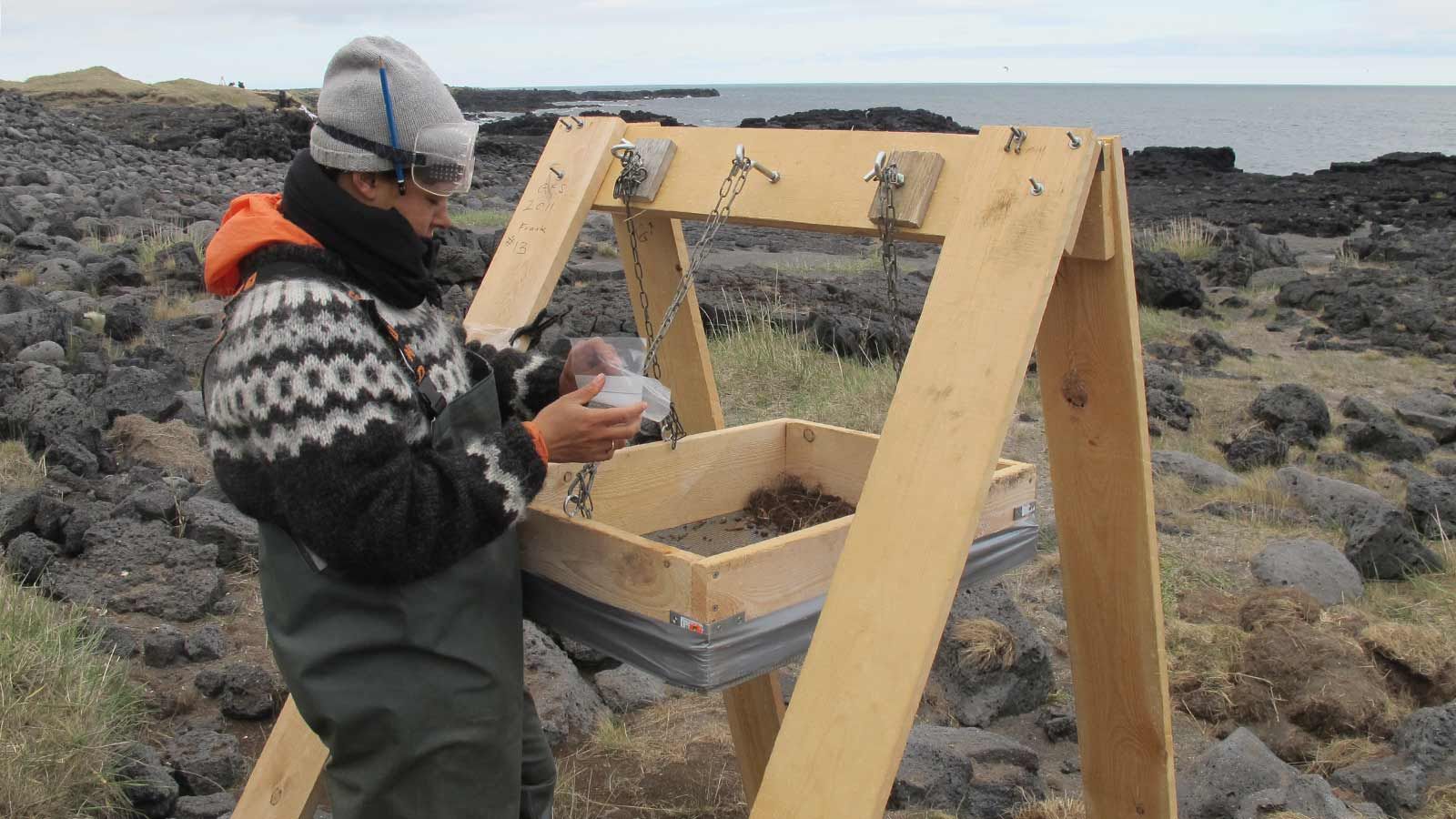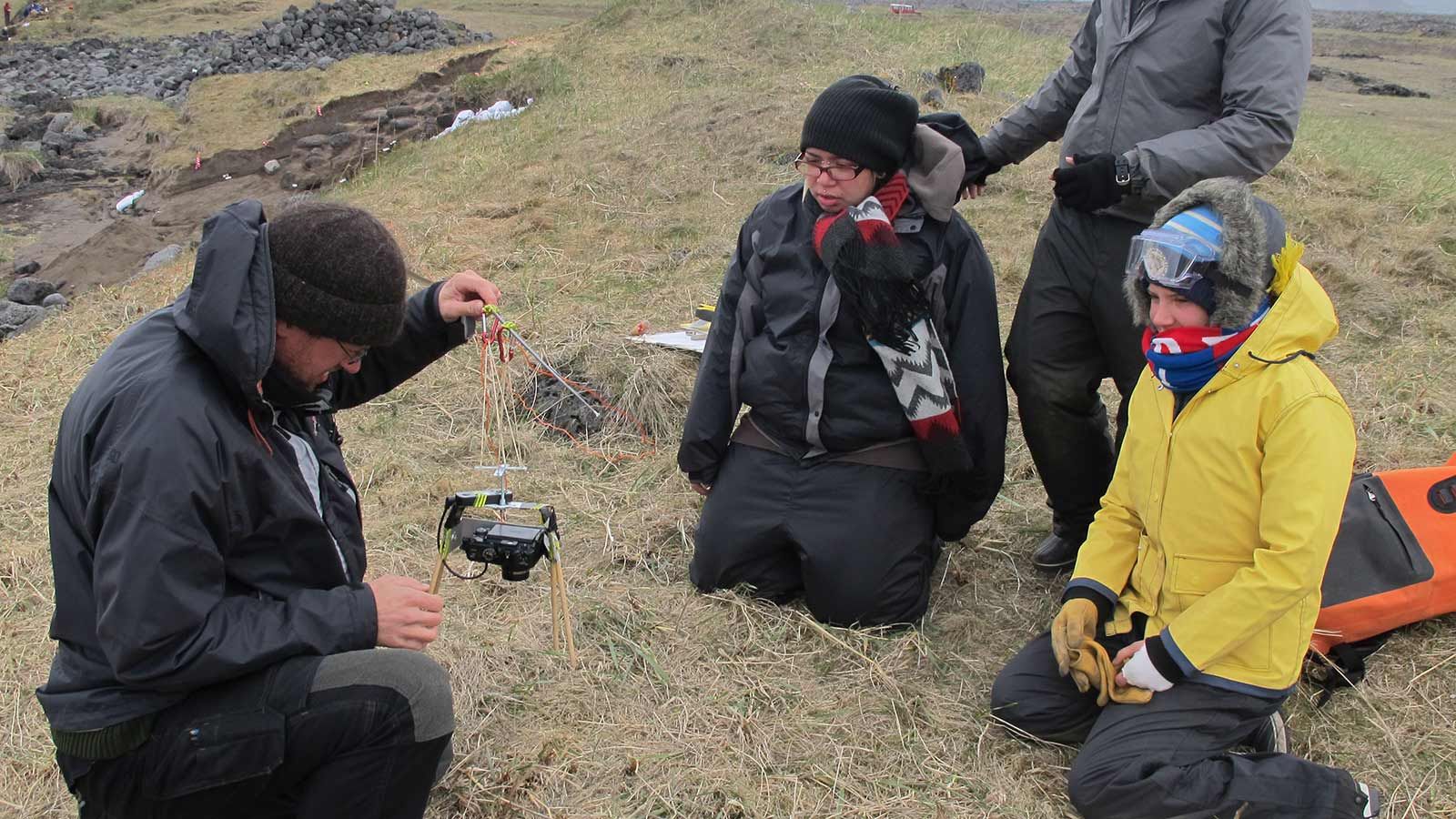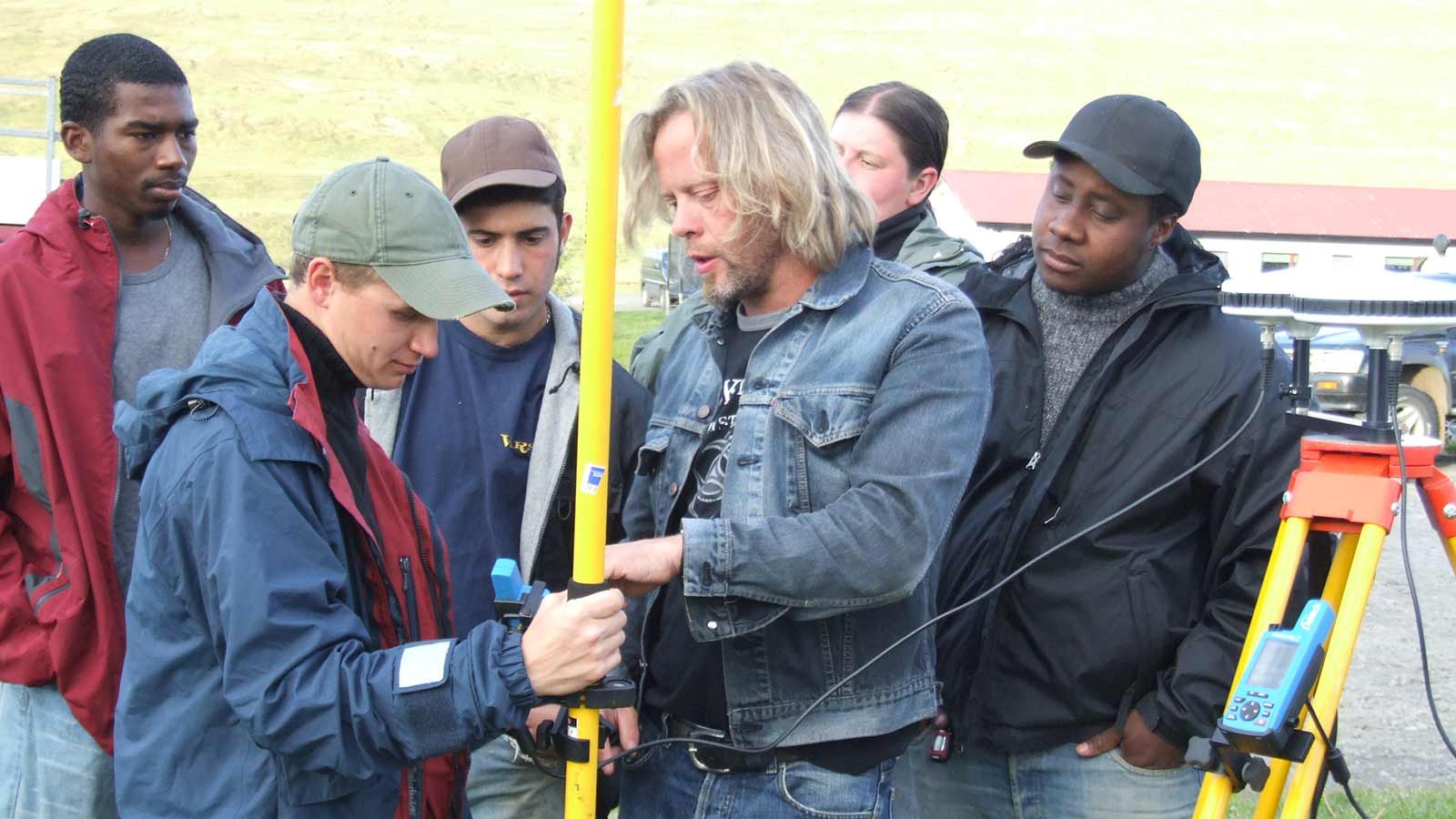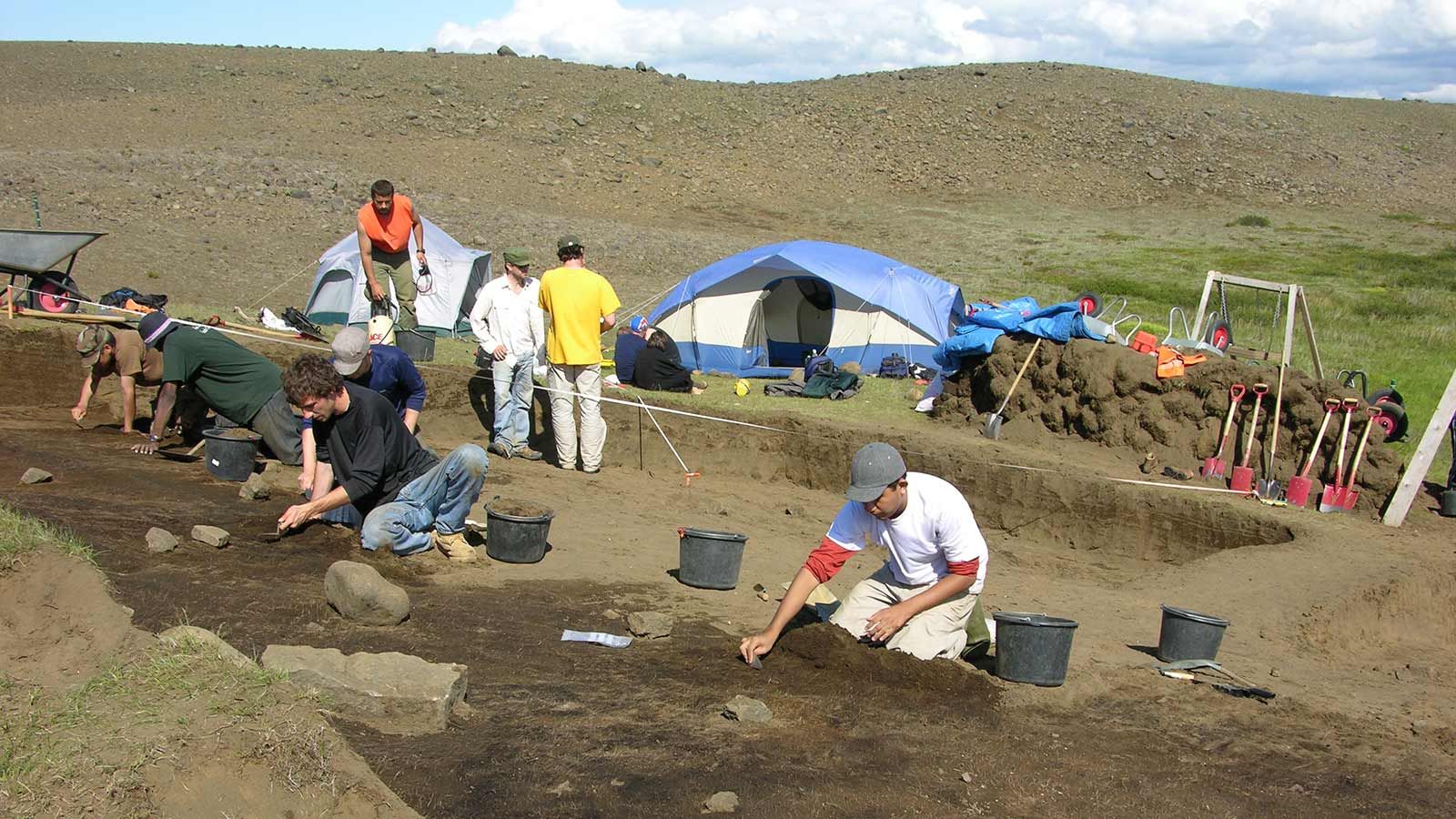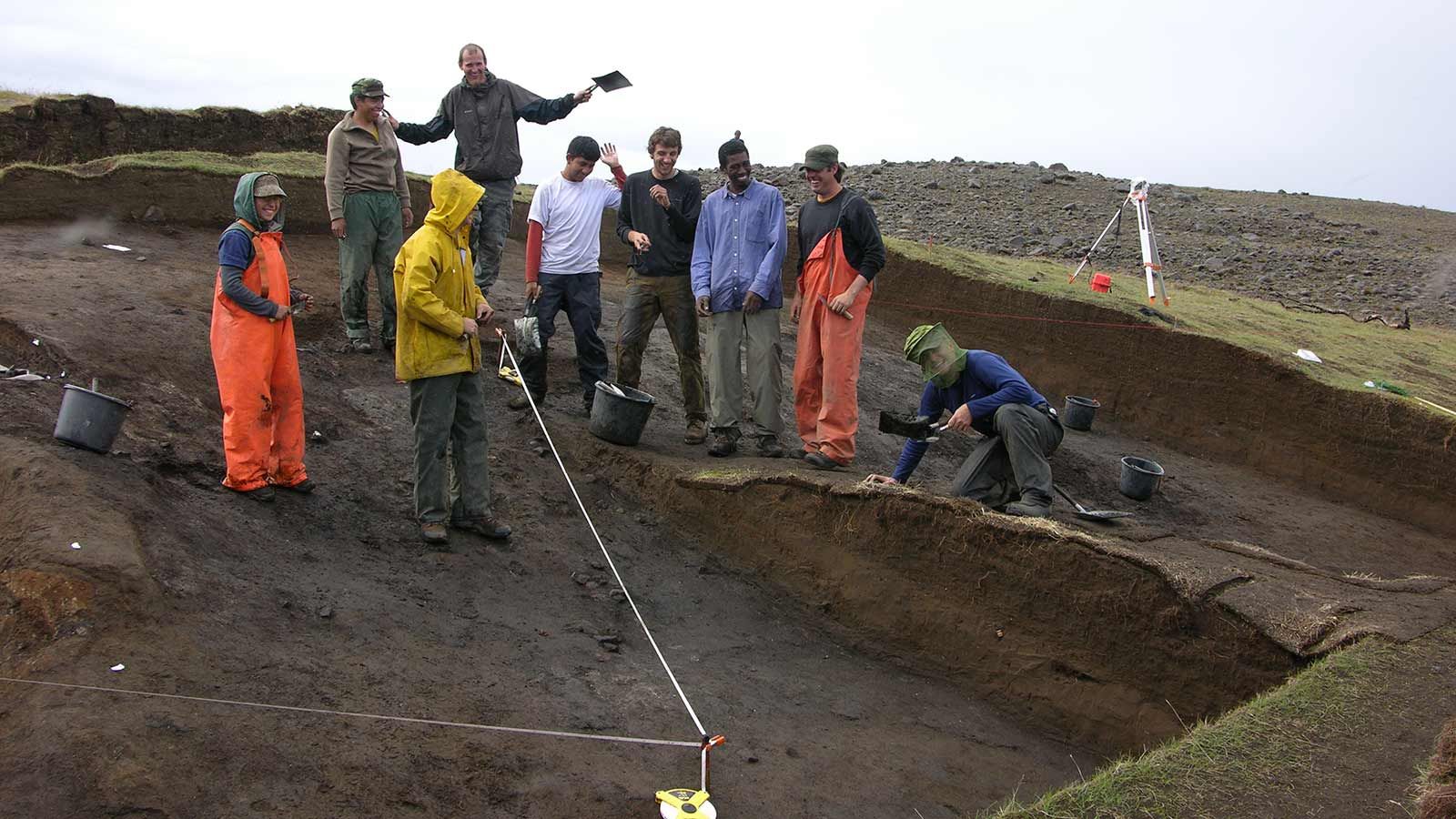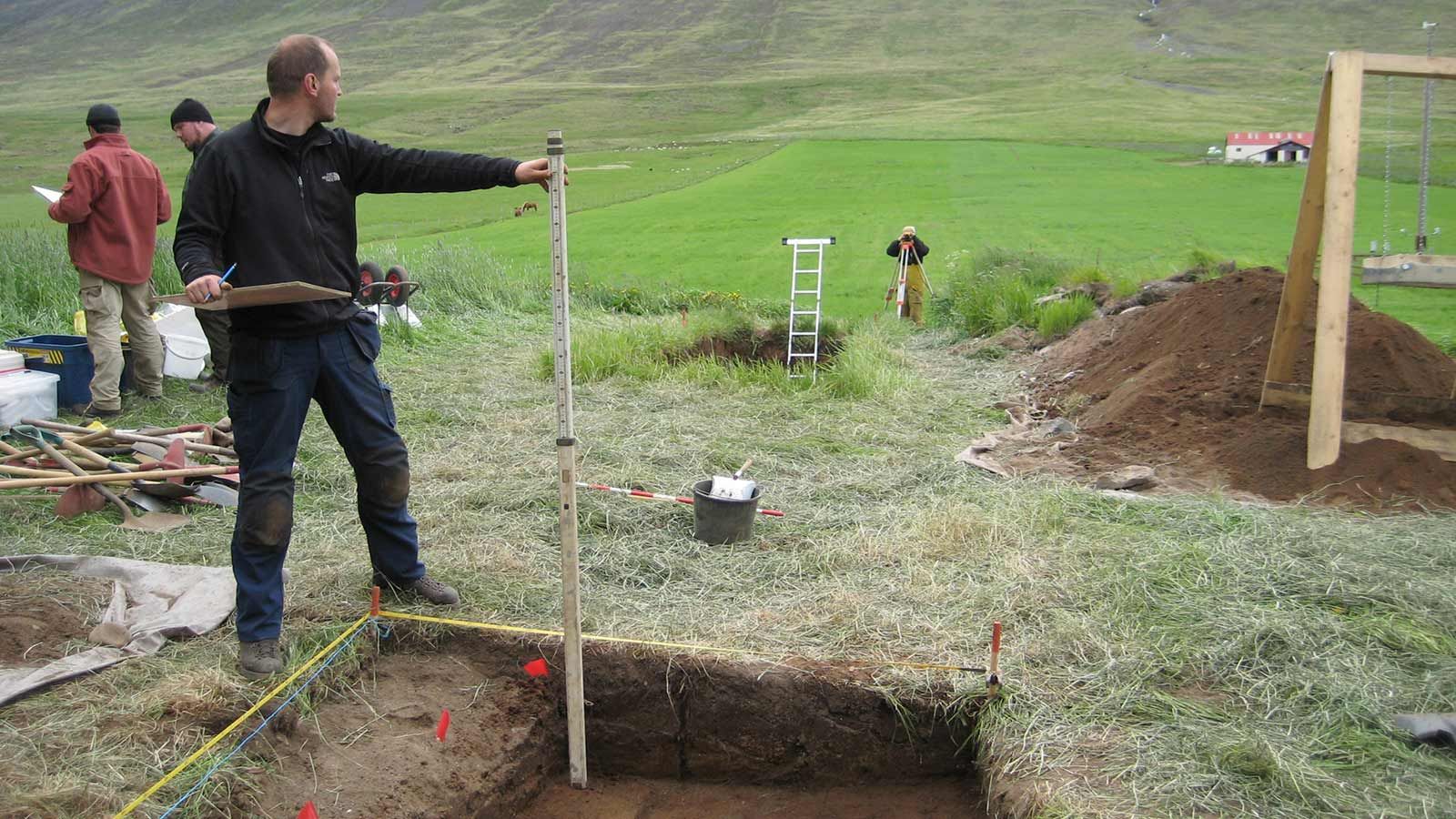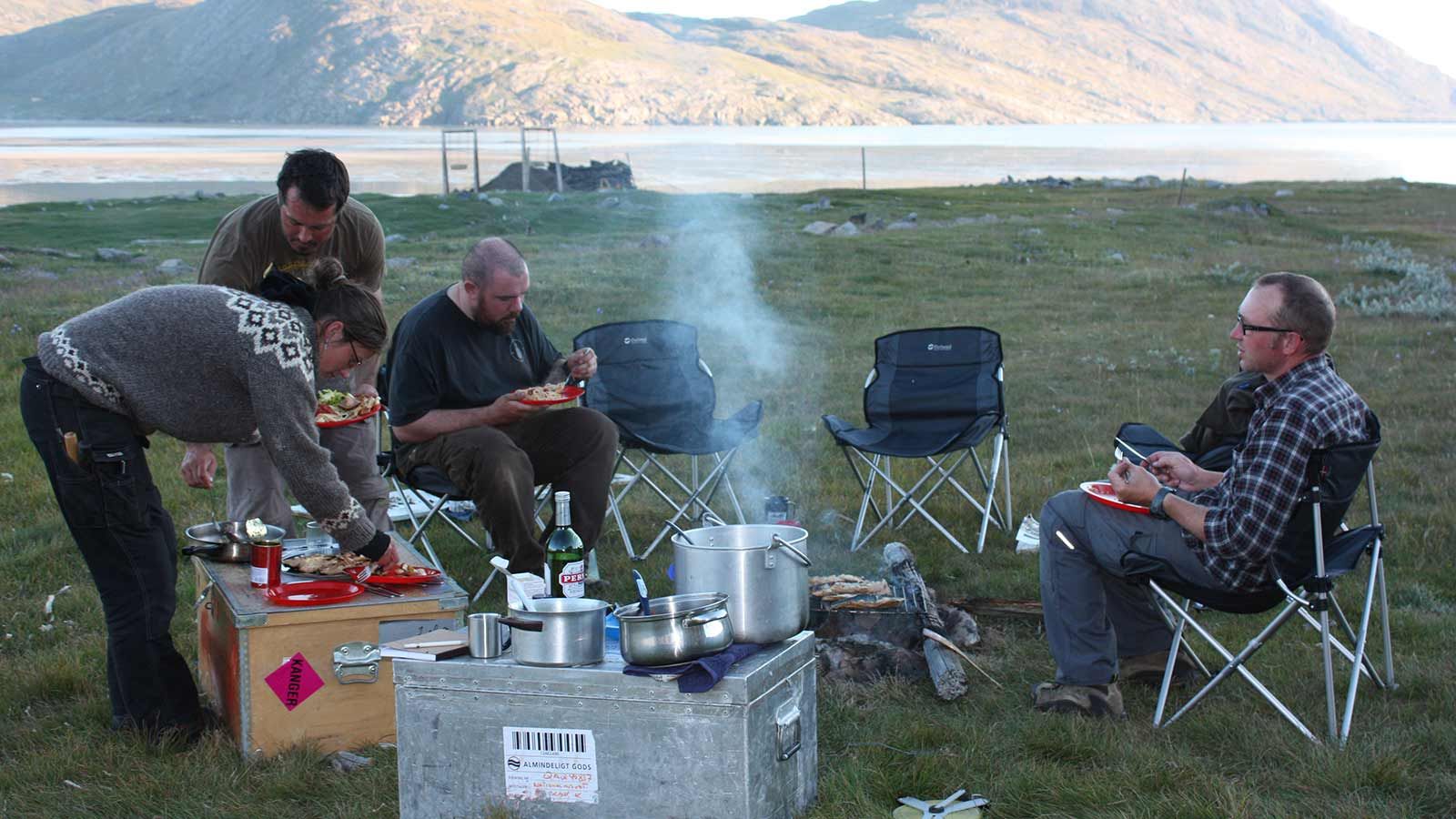North Atlantic Biocultural Organization (NABO)
| Location | The North Atlantic |
| Research Focus | Human Colonization of Islands and Creation of New Cultural Landscapes |
| Date | 1992 to Present |
The North Atlantic Biocultural Organization (NABO) was founded in an NSF-funded workshop within Hunter's Department of Anthropology in 1992 that brought together scholars from Scandinavia, Canada, the U.S., and the UK and EU. The North Atlantic (Arctic Norway to Newfoundland) has been a critical area for the study of human colonization of islands and creation of new cultural landscapes, for the impact of fluctuating climate on humans and ecosystems, and for multiple culture contact events and the spread of transatlantic empires and colonial systems. Around the year 1000 CE Viking Age settlers brought a common language and culture from Scandinavia to the Orkney and Shetland Islands, Faroes, Iceland, Greenland, and (briefly) Vinland/Newfoundland. The different communities were to have different fates. Vinland failed at the outset, the Greenland settlements faced extinction ca 1450, while Iceland survived hardship and climate change to emerge as a prosperous modern Scandinavian society. Scientific and scholarly interest in this dynamic region has always been high, but before NABO no single cooperative organization connected archaeologists, historians, and natural scientists across modern national boundaries. NABO today has participating centers at Laval University in Quebec, CUNY, University of Maryland, Greenland National Museum and Archives, University of Iceland, Stefansson Arctic Center, University of Highlands and Islands, Scotland, University of Bradford, University of Glasgow, University of Edinburgh, University of Bergen and The Danish National Museum.
NABO provides opportunities for joint funding (over $30 million since 1992, $11.5 million to Hunter College), student exchange programs, field schools, local community engagement and shared scientific expertise. NABO also pools practical logistic resources and jointly owns and operates 4wd vehicles in Iceland and Scotland, Zodiac boats in Greenland, and a growing fleet of drones as well as stocks of excavation gear. Thanks to Megan Hicks (co-director of the Hunter Zooarchaeology Lab) Hunter now owns and operates a Toyota 4wd vehicle and high-resolution GPS mapping gear in Iceland for use in our long-term collaborative research area in the Lake Myvatn district of North Iceland.
The Hunter NABO center coordinates CUNY student participation in NABO research and education activities and has maintained field schools in Greenland, Iceland and the Orkney Islands. The Swandro project in Orkney has been particularly active since 2008 taking an average of five to six CUNY undergrads and MA students to the field each summer where they work with a highly regarded international team to rescue heritage sites from rising sea levels and climate change. The Hunter Zooarchaeology Lab is a recognized regional “center of excellence” and has provided hands-on training for hundreds of Hunter students since its founding in 1979, as well as 57 MA projects and 12 PhD theses on animal bone collections from Alaska, Greenland, Iceland, Scotland, Norway and the NYC metro area. The international NABO connections have been highly productive for Hunter and CUNY students, successful in attracting outside funding, and providing a set of educational opportunities connecting hands on lab work with field projects in the U.S. and abroad.


